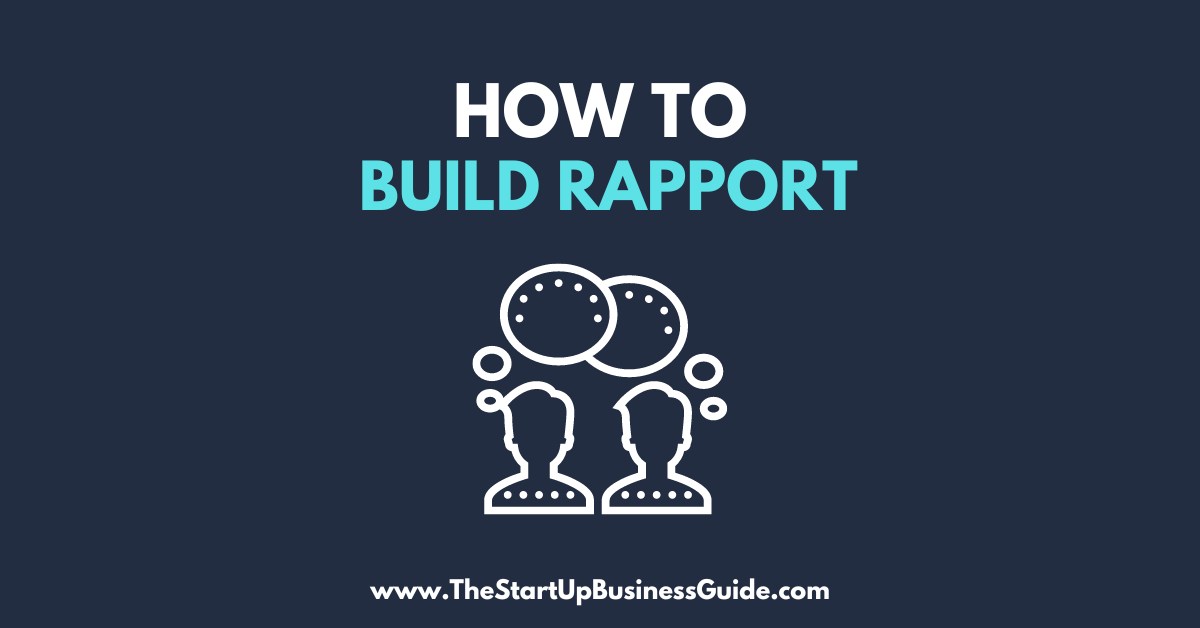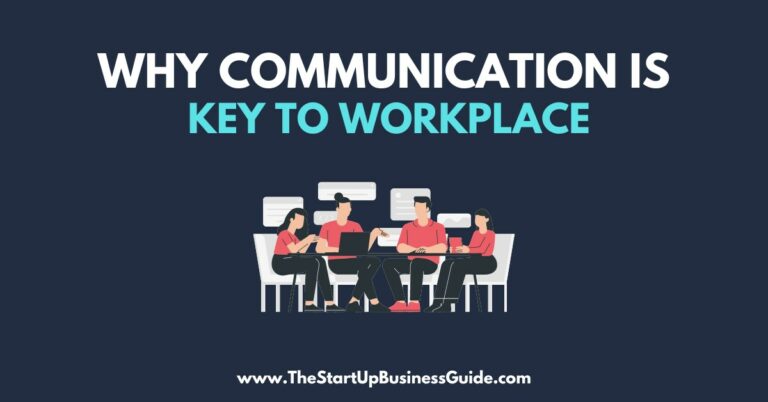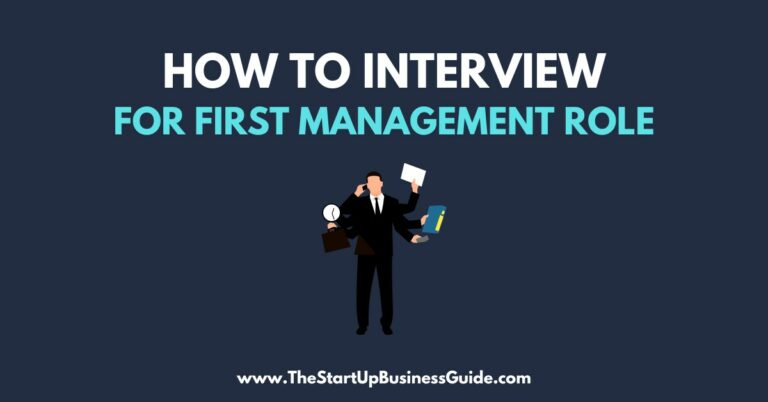How to Build Rapport

Building rapport with others is a critical skill for success in both personal and professional relationships.
Whether you’re trying to close a business deal, negotiate a salary increase, or simply make a new friend, the ability to connect with others is crucial.
In this article, we will discuss the importance of building rapport and provide tips and strategies for effectively connecting with others.
Importance of Building Rapport
Building rapport with others allows us to establish a connection and create a sense of trust and understanding.
When we have rapport with someone, we are able to communicate more effectively and collaborate more efficiently.
This can lead to greater success in both personal and professional relationships.
Understanding the Other Person
In order to build rapport with someone, it is essential to understand their perspective.
This means being aware of their thoughts, feelings, and motivations.
By understanding where they are coming from, you will be better able to connect with them and build a sense of trust and understanding.
Actively listening and observing nonverbal cues is an important aspect of understanding the other person’s perspective.
When you are truly listening to someone, you will be able to pick up on subtle cues such as body language, tone of voice, and facial expressions.
These cues can provide valuable information about what the other person is really thinking and feeling.
Finding Common Ground
Shared interests and values can be an important foundation for building rapport.
When we have something in common with someone, it can be easier to connect with them and establish a sense of understanding.
To identify common ground, you can ask open-ended questions and actively listen to the other person’s responses.
By doing so, you will be able to pick up on their interests and values, and use this information to connect with them.
Additionally, you can use shared experiences or backgrounds to find common ground.
Shared experiences can be a powerful tool for building rapport.
When we have experienced something together, it can create a sense of connection and understanding.
This can be especially true for shared traumatic experiences, where the bond is stronger.
Building Trust
Trust is a critical component of building rapport.
Without trust, it can be difficult to establish a connection with others.
When we trust someone, we are more likely to open up to them and share our thoughts and feelings.
One of the most effective ways to build trust is through honesty and consistency.
When we are honest and consistent in our interactions with others, they will be more likely to trust us.
Additionally, it is important to be reliable and keep our promises, as this helps to establish a sense of trust and dependability.
Being vulnerable and open with others can also help to build trust and rapport.
When we share our thoughts, feelings, and experiences with others, it creates a sense of connection and understanding.
It also shows that we trust them enough to open ourselves up to them.
Communicating Effectively
Clear and open communication is essential for building rapport.
It allows us to express our thoughts and feelings clearly, and helps to ensure that we are understood.
Additionally, open communication allows us to receive feedback and make adjustments as needed.
Adapting your communication style to match the other person’s can be an effective way to build rapport.
This may involve adjusting your tone of voice, the level of formality in your language, or the level of detail in your explanations.
By being aware of the other person’s communication style and adapting accordingly, you can create a sense of understanding and connection.
Body language and tone of voice can have a significant impact on communication and rapport.
Positive body language, such as maintaining eye contact and smiling, can help to create a sense of trust and connection.
Similarly, a positive tone of voice, such as speaking in a calm and confident manner, can help to establish a sense of trust and understanding.
Maintaining Rapport
Building rapport is an ongoing process, and it is important to continue to work on maintaining it.
This may involve staying in touch and staying connected, as well as actively working to build and reinforce the relationship.
There are many ways to stay in touch and stay connected with others.
This may include scheduling regular check-ins, sending messages or emails, or maintaining an active presence on social media.
Additionally, setting up regular meetings or calls can be an effective way to stay connected and maintain rapport.
Actively working to maintain rapport in relationships is essential.
This may involve making an effort to understand the other person’s perspective, finding common ground, and building trust.
Also, it may involve making an effort to communicate effectively and stay connected.
Conclusion
In this post, we discussed the importance of building rapport and provided tips and strategies for effectively connecting with others.
We covered the importance of understanding the other person’s perspective, finding common ground, building trust, communicating effectively, and maintaining rapport.
We hope that this post has provided valuable insights and useful strategies for building rapport with others.
We encourage you to put these tips into practice and see the impact that building rapport can have on your personal and professional relationships.






